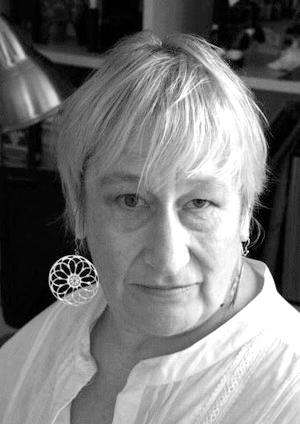
As we joined the Canto Coro community choir in singing “The Internationale”, fists raised, we farewelled Brunswick-based activist and historian Lynn Beaton. It was a living experience of a saying of Lynn’s favourite musician, Dmitri Shostakovich: “Real music is always revolutionary, for it cements the ranks of the people; it arouses them and leads them onward”.
Lynn’s life was packed full of causes she fought for and wrote about – women at work, women miners in the 1984-85 UK miners’ strike, the furnishing trades union and asbestos processing at Railton, Tasmania, to name just a few – as well as being passionate about music, her friends and family and life in general.
Typical stories of Lynn’s life include occupying her children’s school when Victorian premier Rupert Hamer cut teacher numbers, working at the Working Women’s Centre, writing about women at work in WWII, working at JobWatch and the state public sector union during the Kennett years. Earlier, she joined the ALP, but soon shifted to the Worker-Student Alliance (Maoism) and then to Trotskyism.
A transformative episode came when she stayed for a year in the village of Blidworth during the UK miners’ strike, sharing the struggle and writing the inspiring Shifting Horizons – a story about the women of the town.
She joined Canto Coro and was involved in their remarkable production Little City, a performance that a reviewer for the Age said “stirs one to revolution”. We were stirred at her commemoration, hearing the songs of Mikis Theodorakis as well as “El Pueblo Unido” and the miners’ “Women of the Working Class”, before being treated to an imaginary discussion with comrade Shostakovich and some of his revolutionary music.
She died in the middle of doing what she loved – researching working class history – now an unfinished history of the Ballarat Trades Hall.
A life too full to fit into such a short space, but one that can inspire us all to keep up the struggle for the better world she so passionately fought for.










